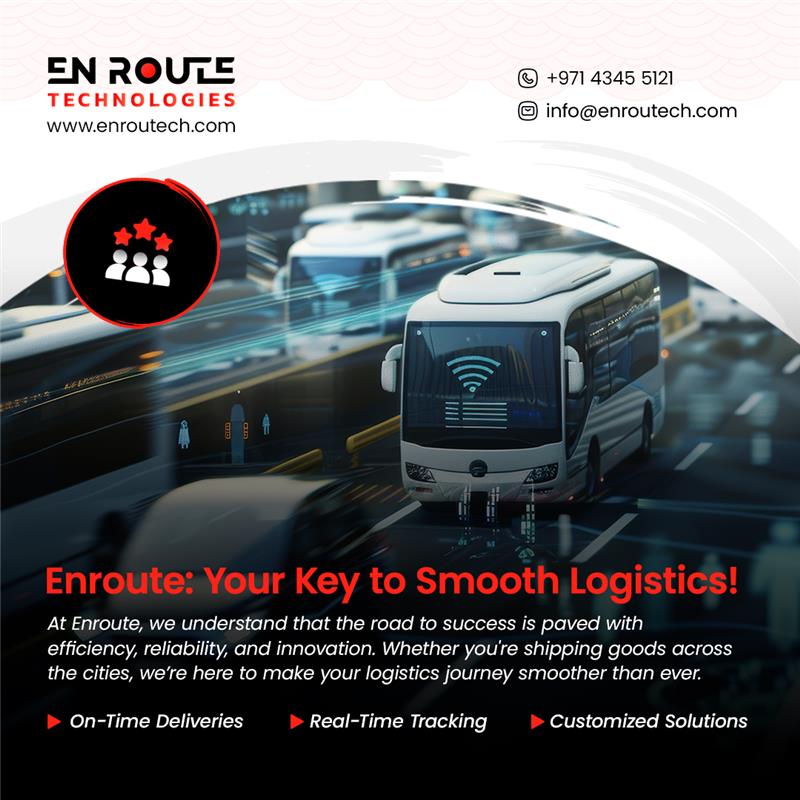In today’s rapidly changing logistics environment, efficiency is the defining factor between success and struggle. Whether managing a small delivery operation or a national transport network, companies are under pressure to enhance productivity, cut costs, and deliver superior customer experiences. The evolution of intelligent mobility solutions—such as GPS Tracking Software and digital management platforms—has completely transformed the landscape of vehicle operations.
Real-Time Visibility and Smart Coordination
Gone are the days of uncertainty in fleet operations. Advanced tracking tools now provide live updates on vehicle location, route, and performance. With precise positioning data, managers can coordinate multiple vehicles seamlessly, reroute in response to traffic changes, and keep customers informed with accurate delivery estimates.
Real-time visibility ensures better control over operations, minimizes delays, and helps identify inefficiencies quickly. Businesses that leverage this transparency gain a strategic edge, turning complex logistics into a predictable, data-driven process.
Integrating the Power of Fleet Management
A comprehensive Fleet Management System acts as the digital backbone of any successful transport business. It centralizes all operational data—from trip records and driver performance to maintenance schedules—into one accessible platform.
By automating manual tasks and consolidating information, managers can make informed decisions faster. From scheduling to cost analysis, this system simplifies coordination, reduces administrative burden, and strengthens collaboration between departments. The outcome is smoother workflows, higher uptime, and better profit margins.
Cost Optimization Through Data Insights
Fuel costs and operational inefficiencies can quietly drain a company’s budget. Smart tracking platforms collect rich data on fuel consumption, idle times, and route patterns. These analytics empower managers to identify cost-saving opportunities and create optimized driving policies.
By analyzing daily fleet activities, companies can reduce unnecessary mileage, improve driver efficiency, and establish benchmarks for better productivity. The combination of GPS data and management analytics turns every trip into a measurable performance metric.
Proactive Maintenance for Maximum Reliability
Vehicle reliability is the foundation of any fleet operation. Without consistent maintenance, even the best vehicles can fail at crucial moments. Implementing a structured Fleet Maintenance program ensures that each vehicle is regularly inspected, serviced, and ready for the road.
Modern maintenance systems can automatically track usage, mileage, and engine diagnostics to predict when servicing is required. This proactive approach prevents unexpected breakdowns, extends vehicle lifespan, and reduces costly downtime. Predictive alerts and digital maintenance logs keep every asset running at its peak potential.
Strengthening Safety and Compliance
Safety is more than a priority—it’s a responsibility. Smart tracking technologies monitor driving behavior, speed, and route compliance in real time. Managers receive alerts when drivers exceed limits or engage in unsafe practices, allowing immediate corrective action.
This constant feedback fosters a culture of accountability and safety. Furthermore, digital records simplify compliance with transport regulations, ensuring that every journey meets required standards without manual paperwork.
Elevating Customer Service Standards
In an era where customers expect precision and transparency, technology plays a vital role in meeting expectations. Real-time updates from vehicle tracking systems allow businesses to provide accurate delivery estimates, proactive notifications, and full visibility into their logistics processes.
When clients can see where their goods are and when they’ll arrive, trust naturally increases. Reliable service backed by accurate data builds lasting relationships and enhances a company’s professional reputation.
Leveraging IoT and Artificial Intelligence
The future of fleet operations lies in connectivity and automation. Internet of Things (IoT) devices and Artificial Intelligence (AI) are creating self-learning ecosystems where systems communicate seamlessly.
Imagine a scenario where your vehicles automatically schedule maintenance, adjust routes based on traffic, and even predict weather-related delays. These capabilities are no longer futuristic—they’re becoming industry standards, helping companies achieve unmatched efficiency and sustainability.
Sustainability Through Smarter Operations
With global emphasis on environmental responsibility, businesses are now expected to operate greener fleets. Technology supports this transformation by minimizing fuel waste, optimizing routes, and encouraging eco-friendly driving behavior.
Through efficient Car Tracker solutions and smart route management, companies can significantly reduce their carbon footprint. Lower emissions not only benefit the planet but also improve brand perception, positioning your business as a sustainability leader in the transport industry.
Building a Future-Ready Fleet
A connected fleet is more than just a technological upgrade—it’s a strategic evolution. By integrating real-time tracking, digital management, and predictive maintenance, businesses gain total control over operations. The insights generated from these systems empower leaders to make data-backed decisions, optimize costs, and deliver reliability at every level.
Companies that embrace innovation today will lead tomorrow’s logistics ecosystem. As digital transformation continues, fleet operations will become increasingly autonomous, sustainable, and intelligent.
Conclusion
Modern transportation demands modern solutions. Tools like GPS Tracking Software, Fleet Management Systems, predictive Fleet Maintenance, and smart Car Tracker devices redefine how businesses operate. They bring precision, safety, and sustainability together under one connected framework.
By investing in these technologies, organizations unlock new levels of efficiency and resilience—ensuring every journey is smarter, safer, and more profitable. The future of mobility is already here, and it’s powered by intelligent fleet innovation.


